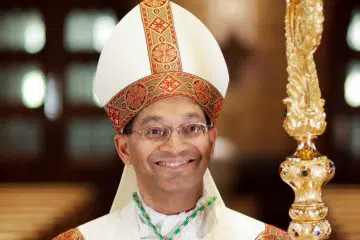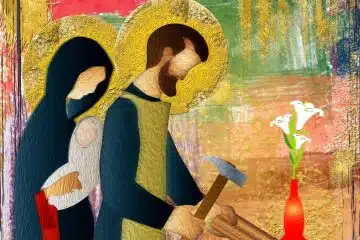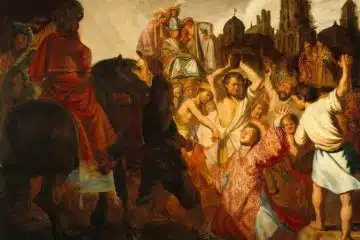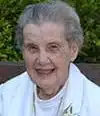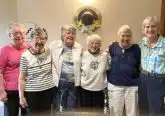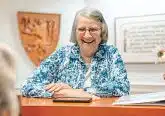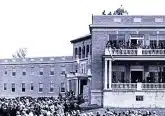Sisters respond to call for help at border
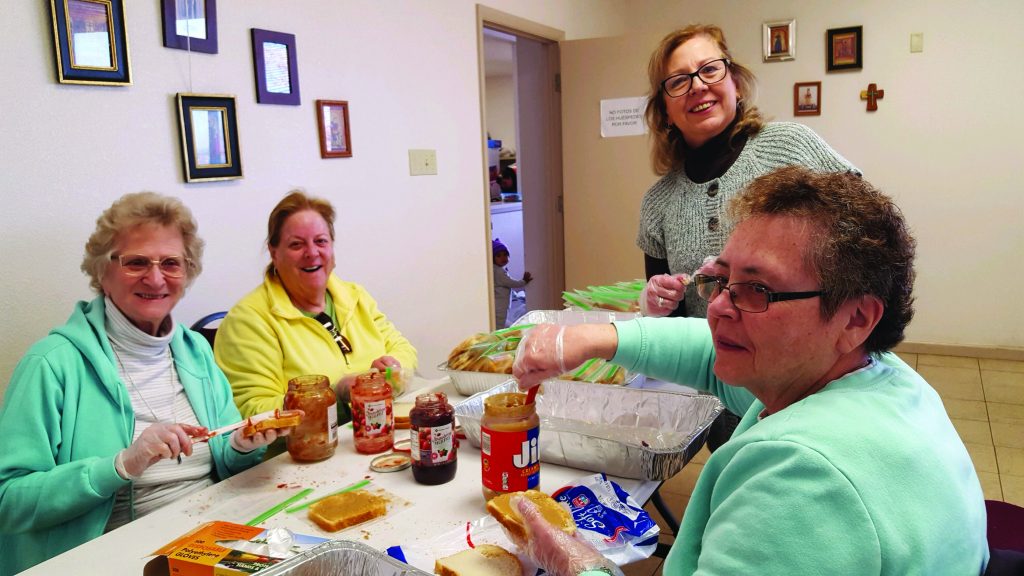
Their mission statement reads, in part, “We Sisters of the Precious Blood pro-claim God’s love by being a life-giving, reconciling presence in our fractured world.”
With these words on their hearts, Sisters Ann Clark and Marita Beumer joined fellow volunteers, including other women religious from the archdiocese, in ministering at the United States/Mexico border. They spent two weeks in January at Annunciation House, a place of welcome for migrants who have been released from detention and are their way to their stay with their sponsors and attend immigration hearings.
Both felt compelled to serve at the border because of their experience in Hispanic ministry. “I know the peoples’ journeys and their hardships,” Sister Marita said.
“We speak Spanish and knew we could help,” added Sister Ann.
The guests as they are called as a matter of respect were primarily arriving from Nicaragua, El Salvador, Guatemala and Brazil. Most were weary, dirty, hungry – a parent arriving with a child or two, some women with tiny babes still breast feeding.
“One thing that struck me as they got off the ICE (U.S. Immigration and Customs Enforcement) buses was how overwhelmed they looked,” Sister Marita recalled. “Once we said, ‘hello and welcome’ in Spanish, they had different looks on their faces. They knew they were someplace safe where someone would care for them.”
The sisters were tasked with doing in-take — obtaining the guests’ information and ensuring their paperwork was in order. They would then contact their sponsors who would arrange transportation, usually in a day or two. In the interim, the guests were given a cot, the chance to shower, clean clothes and meals.
Although volunteers weren’t supposed to garner details of the guests’ lives, they did learn snippets of what brought them across the border. “One woman — I think she was from Nicaragua or El Salvador — told me, “I didn’t want to leave my country, but I had to, or they would have killed me,’” said Sister Ann.
Who “they” are is unknown, but the women’s fear was palpable.
“I think we did what we could to make them feel welcome and give them a little relief,” she said. “It really was about being a lifegiving, reconciling presence for them.”
Sister Marita said she was struck by the “deep, profound gratitude” of the guests and the dedication of the local volunteers. “The whole community of El Paso is helping — parishes and other groups — day after day. People bring meals at noon and at night. They come after work to help. That, to me, is such a commitment and witness to welcoming our neighbor.”


